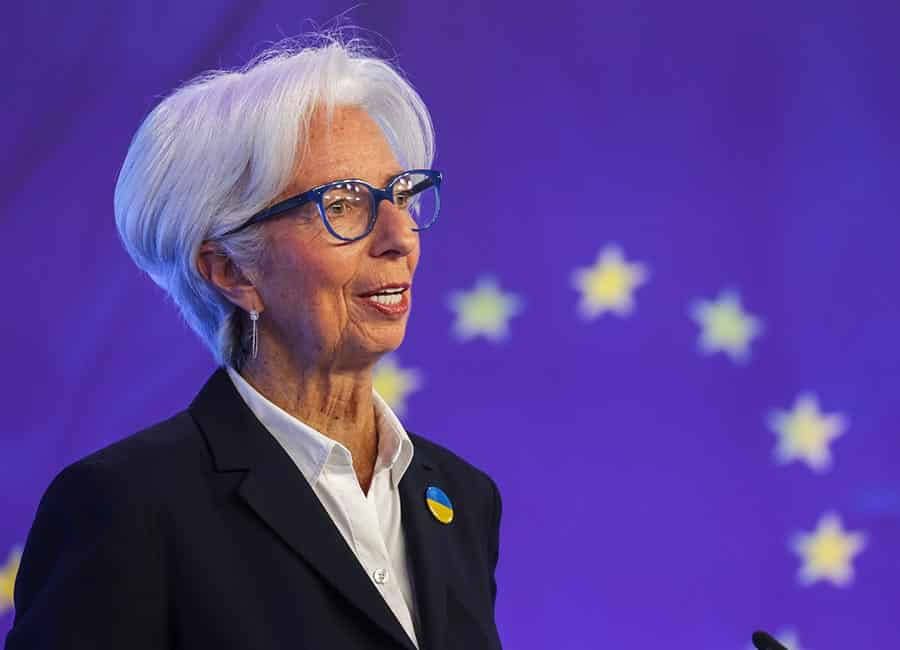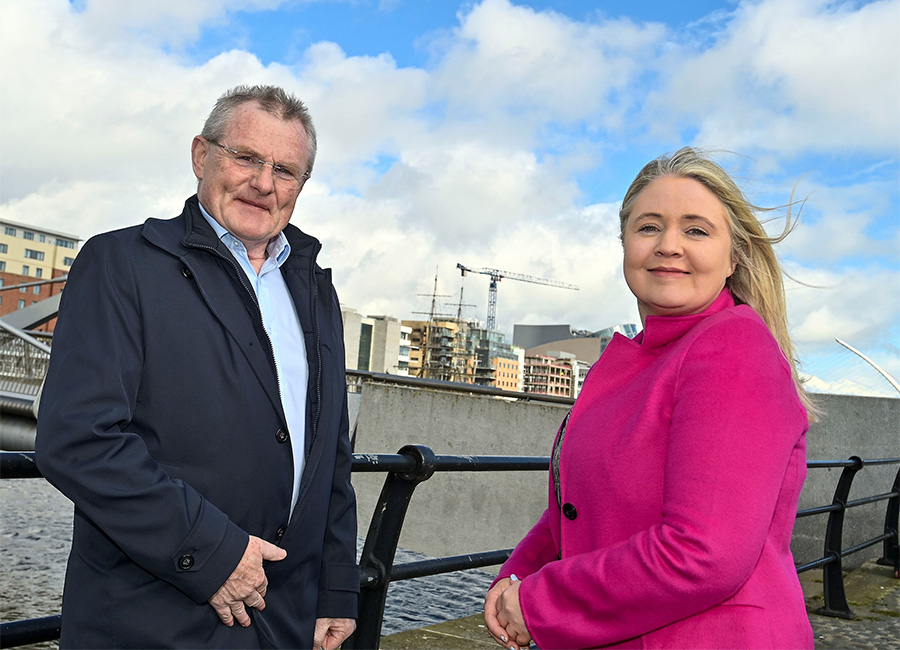Ireland needs to keep on top of ever-evolving policy changes and movements in the energy market as Europe transitions to a decarbonised economy writes Eoin Cassidy of Mason Hayes & Curran
Energy has rarely been so high on the agenda as it is now. The energy trilemma of security, access equity and sustainability plays out daily in the media. Governments across Europe are looking to introduce energy rebate schemes for consumers to help address rising fuel costs.
The EU Commission is making moves to 'green' nuclear and gas to encourage investment in these areas which have been lagging due to ESG concerns. In each case, these initiatives are ultimately seeking to help smooth the transition to a decarbonised economy in Europe.
This trend will continue and sector participants in Ireland will need to keep on top of the ever-evolving policy changes and market movements. Key trends in 2022 will include:
1) AUCTION PROCESSES We will see further momentum with Ireland’s Renewable Electricity Support Scheme (RESS) auction programme. The RESS 2 auction for on-shore wind and solar generators will take place in May.
The Department of the Environment, Climate and Communications’ indicative RESS timetable anticipates the first off-shore auction to be run by Q4 2022. The on-shore RESS 3 auction is set to happen in Q2 2023.
These auctions will take place against the backdrop of inflationary trends in the global supply chain. The prices achieved in the RESS 2 auction will reflect the current market environment, and given inflationary pressures in the supply chain it will be surprising if they do not exceed the price achieved by successful projects in RESS 1.
This inflation and the consequences of Covid-19 disruption has created concerns for the commercial viability of several RESS 1 projects. Given the constraints and inflexibility of the RESS system, we may see an upward trend in demand for corporate PPAs.
Several corporate PPAs have now been project financed in Ireland and they are becoming a viable alternative route to market for wind and solar projects in Ireland.
2) GRID CONNECTION We will see other developments in the grid connection policy framework over the course of 2022 as the system operators tackle the integration of even greater penetration of renewable generation on to the system.
The completion of the CRU’s offshore grid connection policy is a critical milestone for offshore projects. We can expect the energy regulator’s decision on the off-shore grid connection policy for phase one projects in Q1 of 2022.
There are some key processes to watch out for in the first half of 2022, which will optimise generation sites, including a vision and principles document from ESB and EirGrid on the future operating model for the grid, policies for multiple legal entities behind connection points as well as the long awaited consultation on private wire arrangements.
These will unlock development opportunities and be of interest to large energy users as well.
3) SECURITY OF SUPPLY Security of Ireland's energy supply will present both challenges and opportunities for businesses. In Ireland, the phasing out of coal, peat and heavy fuel oil sources of power will continue to present opportunities for natural gas, interconnection to other jurisdictions, energy storage and renewable gas.
The government will face renewed pressure to accelerate policy decisions on these technologies, particularly in relation to green hydrogen, which are likely to play a significant role in Ireland meeting its net zero emission targets.
There will also be further developments targeting controlling the demand side, as the government takes steps to address required actions in the Climate Action Plan to align demand and usage to Ireland’s climate targets.
This is already an acknowledged issue for new data centre projects, with the recent CRU decision on connection policy for further data centre demand connections.
WHAT NEXT?
The ever-evolving policy changes and market movements, in what is a dynamic sector from a legislative and public policy perspective, as well as inflationary pressures, will need to be considered when making project investment decisions and negotiating contracts to determine the best way to handle and allocate the associated risks.
+ Eoin Cassidy (pictured) is a Construction, Infrastructure and Utilities Partner in Mason Hayes & Curran LLP For more information, visit MHC.ie











